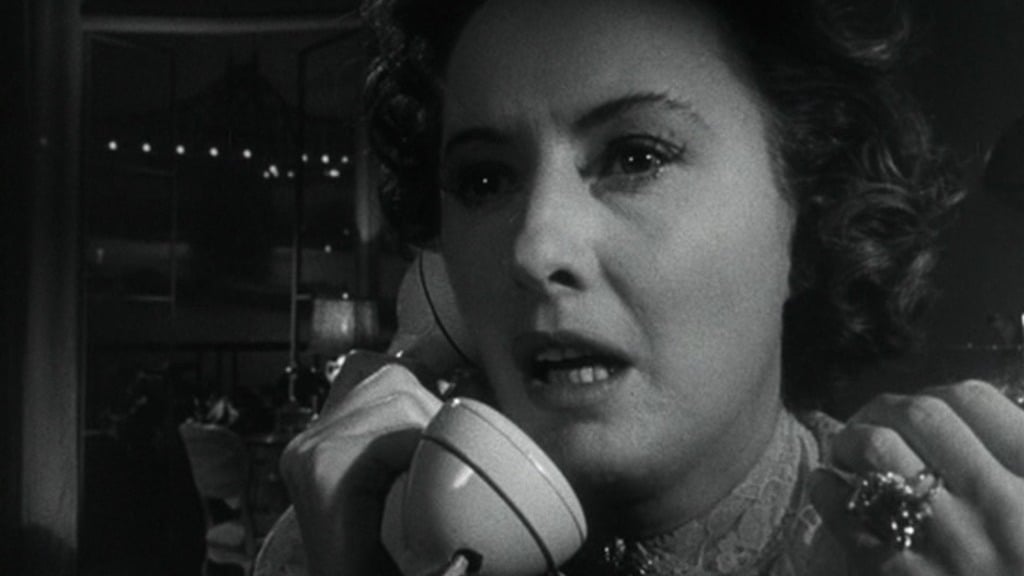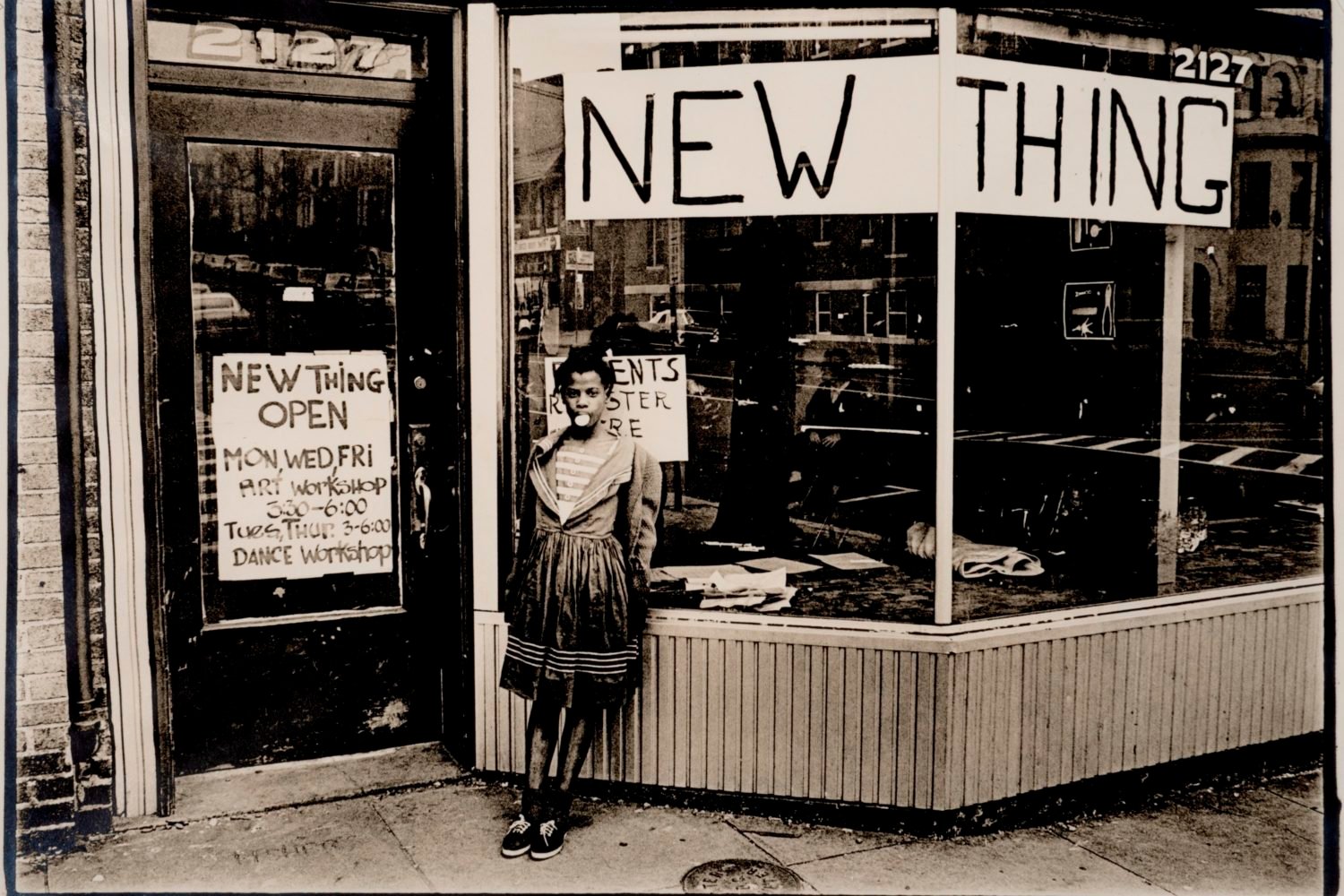 Hello, movie fans! Here’s my classic-movie pick.
Hello, movie fans! Here’s my classic-movie pick.
Highest kudos are in order for 1948’s Sorry, Wrong Number. The film noir thriller meets every criteria for edge-of-your-seat suspense, and Barbara Stanwyck is a phenomena to be reckoned with. When Paramount released this gem, they really had a winner!
Okay, sorry. That’s execrable—and I don’t mean just the exclamation points.
Greek lesson of the day: Kudos is in order for those who don't say "kudos are in order." There's no such thing as a kudo. #loathsomewords
— Bill O'Sullivan (@billmatto) August 29, 2016
Loathsome misuse of the day: "phenomena is." Some seem to think it's singular since it has fewer letters than phenomenon. #loathsomewords
— Bill O'Sullivan (@billmatto) April 9, 2016
Loathsomely common misstep: referring to a company, business, or other entity as "they." Sorry, they's an it. #loathsomewords
— Bill O'Sullivan (@billmatto) August 9, 2016
(As a bonus, I threw in every criteria—probably an even more common gaffe than phenomena-as-singular, now that I think of it.)
It often feels as if noun/pronoun/verb agreement is the last bastion of hardcore grammar-nerddom. Actually, the first two errors I tweeted above are just misunderstandings about irregular English nouns with Greek roots (though in writing this column, I was genuinely shocked to discover that both the American Heritage Dictionary and Merriam-Webster list kudo as a word while, much too politely in my view, noting some disagreement about its appropriateness). The third is closer to a true agreement issue and represents a trend in which people are abandoning such niceties as using singular verbs or pronouns with words that traditionally demand them—for example, “Neither of my grandfathers is [not are] living” or “Anybody is welcome to show what he or she [not they] can do.”
Granted, he or she can sound stilted. I copyedited an article containing the sentence Everyone had to get their stories straight. In the context of the piece, which was about a dramatic shakeup at a company—and at this particular point in the piece—his or her came off as as stiff even to me. But it wasn’t hard to think of an alternative (there’s nearly always an alternative): All the players had to get their stories straight. The author signed off, I was satisfied. Done.
I’m a stickler on this topic. As loathsomely politically correct as I may be, I’m not a fan of adopting they as the gender-neutral singular pronoun of choice, as has been floated in recent years. I understand and respect the motivation behind it, but that usage is so grating to my ears, so wrong-sounding, that I’d get behind ne, ve, ze, or basically any consonant at all attached to any vowel before I’d use they with a singular verb in writing. (We all do it in speech.)
Yes, language is a living, evolving creature. It’s just as much a mechanical structure, though, one that invites a certain satisfaction in keeping the parts properly aligned, related to one another, and in sync. There’s some give (the “living” part). But it’s also a fascinating machine.




















